Modern Microlearning | EdApp Microlearning
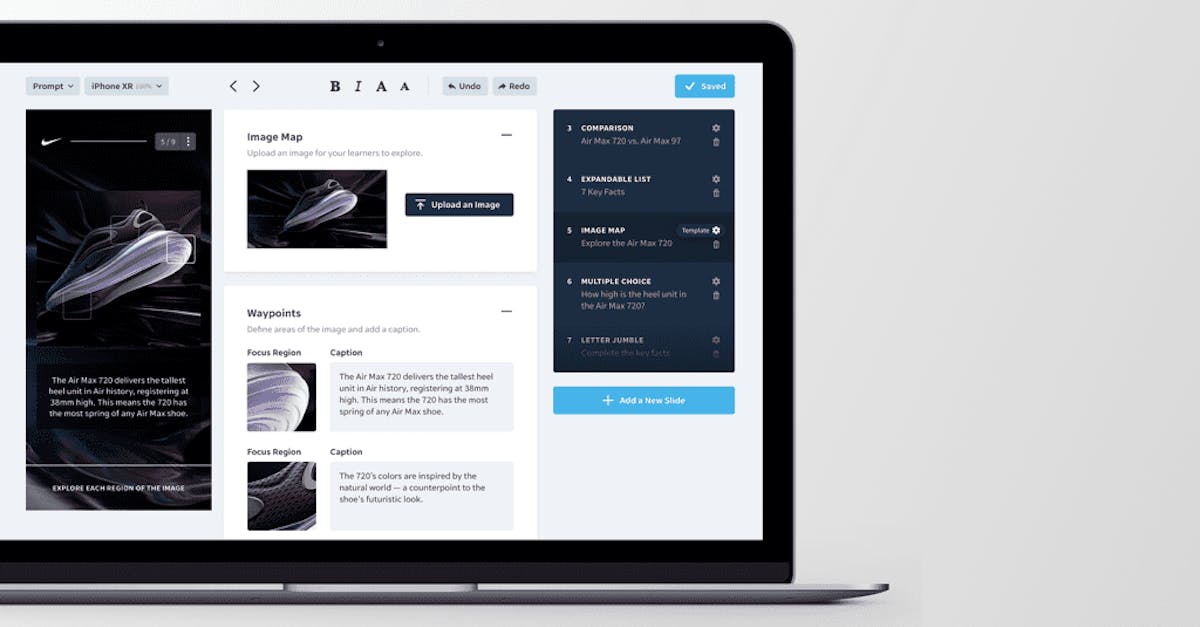
Who is the modern learner?
Nowadays we are expected to design learning for an increasingly diverse environment that can often span regions, ages, job functions, and roles and numerous other demographics.
But who is the modern learner in 2020?
When you last needed to find a new piece of information what did you do? The chances are you used a search engine, read an article, or watched a Youtube video until you closed the gap in your knowledge.
You may have asked a friend or colleague for the answer, or posted on a social network requesting help.
The content you found probably has social proof from others in the form of likes, shares or other engagements, and may have even been authored by someone who isn’t a recognized authority on the subject.
A modern learner is someone who is in an environment where content changes fast and learning needs change even faster. Modern learners want answers right away and rely on a wide variety of sources to find the answer. In other words, almost everyone today is a modern learner.
Modern learners expect their company to offer tools and guidance that meets their need for immediate learning, and social learning via social interactions and other platforms that they use every day.
Another key aspect of the modern learner is that they expect their training content to be available any time that they need it, and they are used to engaging with short-form content.
This makes mobile learning and micro-learning ideal for the modern learner, let’s find out why.
Why mobile learning and micro-learning are suited for the modern learner
Mobile Learning
Many digital learning development tools and platforms are now trying to optimize for mobile output in one way or another as it is considered a modern learning method that is desired by trainees over more traditional training methods and platforms.
For this reason, ‘mobile-first’ is a key modern learning approach. Edapp is a pioneering mobile-first digital learning solution for the modern workforce that’s based on the latest science on adult learning, gamification, and spaced repetition, Edapps modern learning methods are bite-sized, collaborative and drive ‘just in time’ training for greater performance.
Types of training where a mobile-first approach really shines include:
Employee onboarding: With intuitive, easy-to-use social learning app, new employees can quickly learn what they need to know to get started in their jobs.
Remote worker training: Many organizations today have multiple locations and remote workers, some of whom work full-time from home.
Customer support training and documentation: Modern learning approaches combined with modern course authoring tools make it easy for organizations to train customers on the use of their products and services.
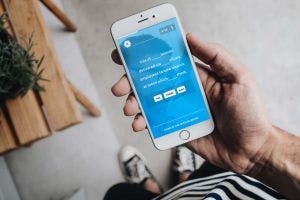
Microlearning
The latest modern learning method is known as microlearning, where learning is delivered in bite-size content chunks.
Microlearning often features elements of gamification that reward the user as they progress through a course. The collection of badges or other tokens as learning progress can be a nice incentive to ensure engagement is maintained until course completion.
Cognitive studies support microlearning in entrenching knowledge for recall and increasing knowledge retention from three months to two years. This is important for staff who depend on rapid recall of knowledge when engaging with clients.
A dedicated microlearning platform like Edapp provides many benefits:
- Supports formal training
- Engages learners
- Keeps knowledge front and center
- Allows Reuse of existing content simply and easily
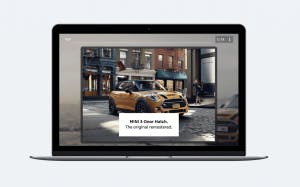
Advanced LMS features to help modern learning
To make the most of modern workplace learning most solutions now support advanced LMS features like gamification, prizing, leaderboards and spaced repetition.
All of these significantly increase engagement.
Prizing
Prizing usually contains some combination of badges, tokens, levels or other progress indicators that are awarded as part of the gamification process which is a good incentive to ensure engagement is maintained.
Prizing can be a very effective engagement technique to use when designing employee training programs that utilize spaced repetition over multiple sessions.
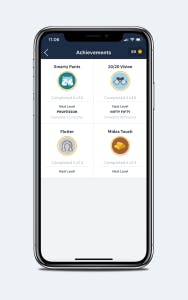
Leaderboards
Prizing is even more effective when you combine it with leaderboards, which encourage some fun competition between staff and are often an integral feature of learning engagement in 2020.
Leaderboards can function in a couple of different ways.
Firstly, Individual success can be ranked based on when certain performance criteria are met – the player is competing against their own ‘personal best’.
Secondly, competitive progress indicators can be measured against others on the leaderboard – the player is competing against other players.
So, if you want to use leaderboards as a way to help modern learners its best to set it up so that progression up the leaderboard is tailored to the employee’s job – this makes it specific and engaging.
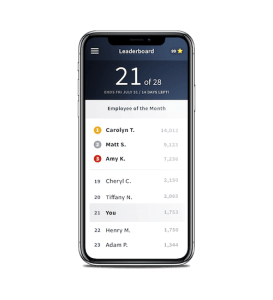
Spaced Repetition
The advanced LMS feature that will assist you in creating a modern learning approach in your organization is spaced repetition.
The idea behind spaced repetition is to allow the trainee to absorb as much new knowledge as possible in short periods of time.
Spaced repetition works by strengthening the association of retained information with patterns inside our brains.
This is a simple concept, and that’s what makes it so effective, but this means the training content must be reviewed in chunks each day after the initial absorption, with increasingly large gaps between the review periods. This makes it fit hand in glove with microlearning.
As an example, after first viewing a microlearning nugget, spaced repetition may require the learner to review it 1 day after, then 5 days, then 1 month, and finally 3 months – at which time the knowledge should be truly retained in long term memory.
Social Learning
Social learning enables learners to add their own perspectives and join the conversation with other peers within their lessons. Social learning empowers learners to share and learn from each other, reinforcing essential pieces of information, enhancing a range of expertise amongst learners.
Author
Guest Author Daniel Brown
Daniel Brown is a senior technical editor and writer that has worked in the education and technology sectors for two decades. Their background experience includes curriculum development and course book creation.
